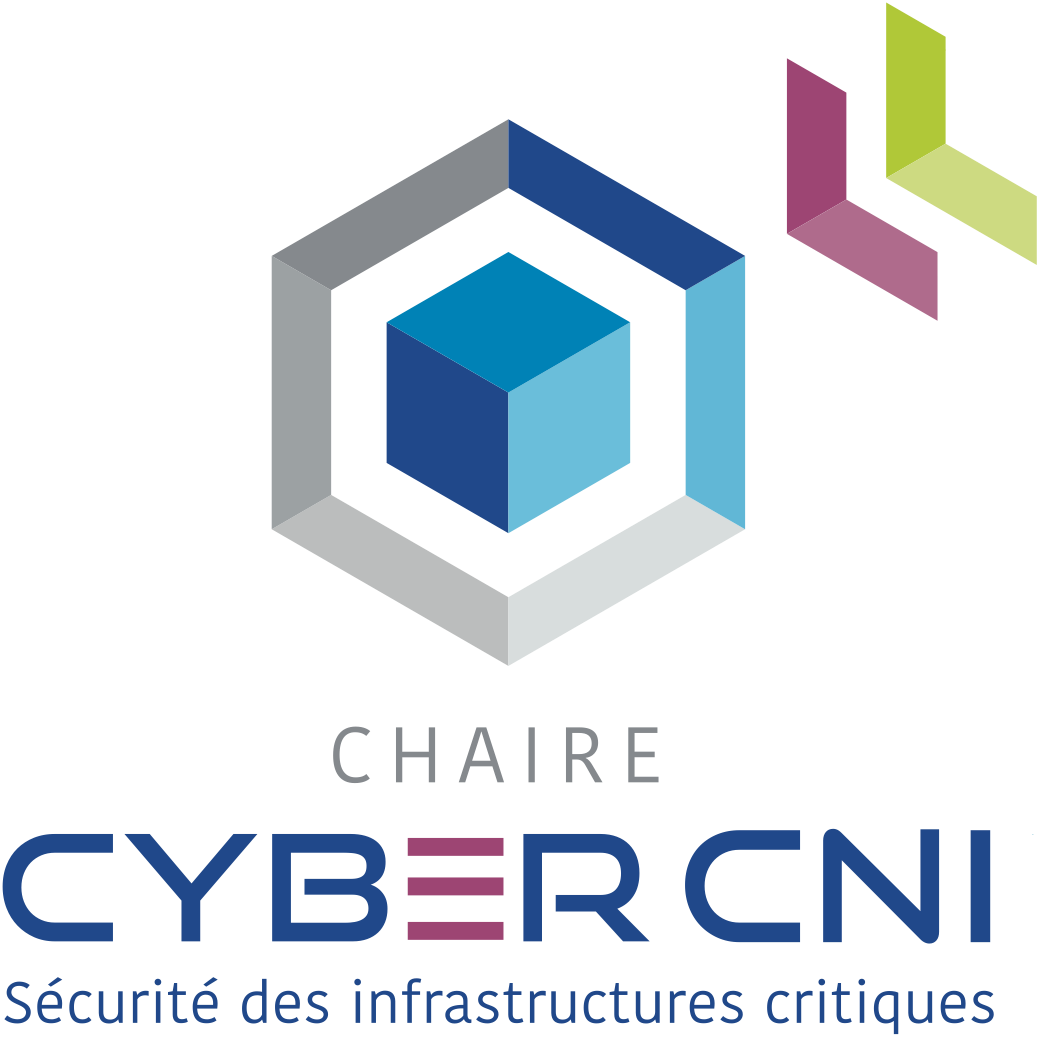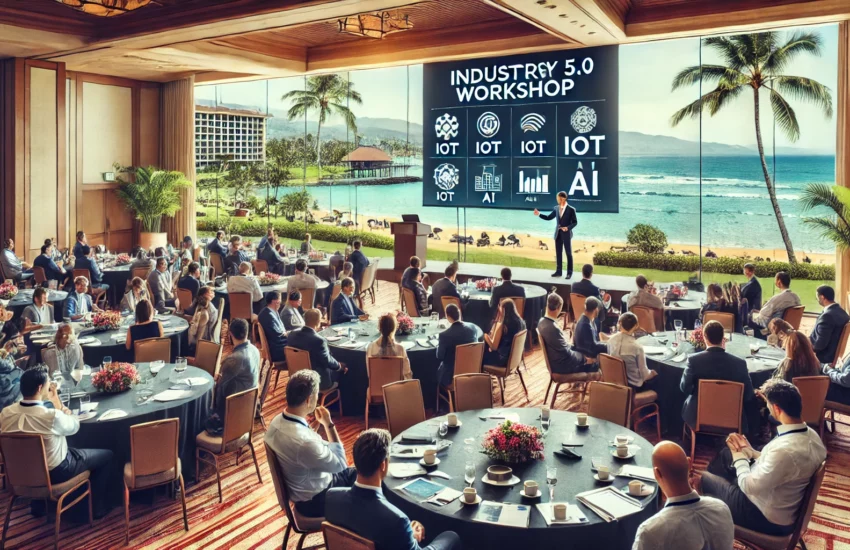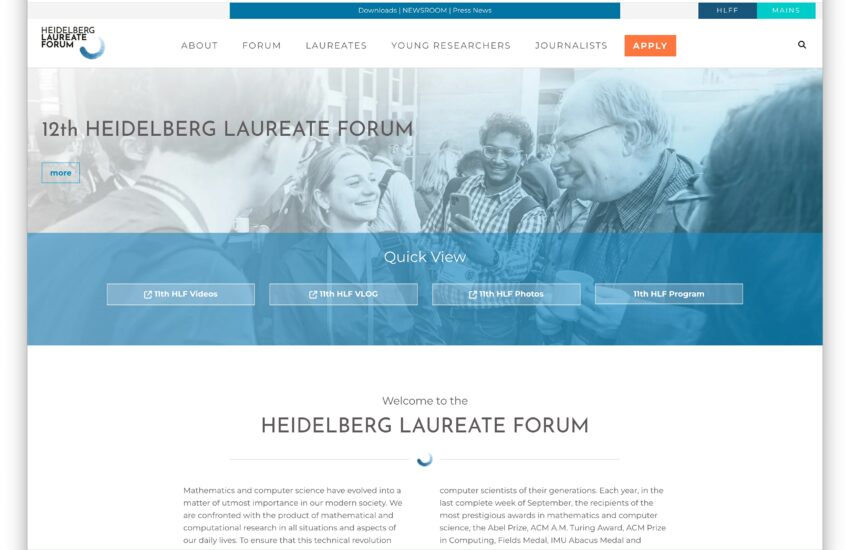Wed, Dec 15, 2021, 17 CET I Oliver Hohlfeld (BTU Brandenburg, DE) – DDoS Attacks and Booter Services
On Dec 15, 2021, at 5 pm CET, Oliver Hohlfeld, BTU Brandenburg, Germany, will talk about “DDoS Attacks and Booter Services“. Watch the trailer here.
You are cordially invited to join the free live stream on youtube and LinkedIn! To register and subscribe to the series announcements, just enter your mail address in the box on the left at https://talk.cybercni.fr/. Please share the link https://talk.cybercni.fr/2021-12 with your interested friends!
Abstract
DDoS attacks are one of the currently most pressing cybersecurity problems. In these attacks, attackers flood their targets with unwanted traffic to exhaust the available resources, e.g., bandwidth. Over time, DDoS attack volumes became record hitting Terrabit-level attacks that can even challenges the largest networks on the Internet.
In this talk, we focus on exploring the types of attack vectors, including booter services that enable everyone to launch attacks, and present mitigation techniques that can be employed within IXPs.
Prof. Dr. Oliver Hohlfeld
Oliver is a Professor at Brandenburg University of Technology in Germany. He obtained his PhD from TU Berlin and was a member of Deutsche Telekom Labs in Berlin. His research focuses on using data-driven approaches to study the Internet at large and in particular its current cybersecurity problems.
Chair of Computer networks and communication systems, Germany
The chair of Computer networks and communication systems is part of the Institute of Computer Science at the faculty of Mathematics, Computer Science, Physics, Electrical Engineering and Information Technology (MINT) at the Brandenburg University of Technology Cottbus – Senftenberg. The chair was founded in 1993 by Prof. Hartmut König and is headed by Prof. Oliver Hohlfeld since April 2019.
Our research and teaching activities are concerned with the design principles of modern communication systems and distributed applications as well as the security of computer networks and communication systems as their technical basis.
BTU Cottbus-Senftenberg
The Brandenburg University of Technology (BTU) is a campus university with three sites: the Cottbus Central Campus, the Cottbus-Sachsendorf Campus and the Senftenberg Campus.
Approximately 6,800 students are enrolled at the BTU of which 2,300 come from abroad. India, Nigeria, Iran, China and Bangladesh represent the biggest country groups of the more than 100 different nations (updated 03/2021).
185 professors (including guest, junior and deputy professors) • 694 academic employees of which 353 are financed by third party funds • 678 non-academic employees of which 60 are financed by third party funds, 16 are trainees (figures in the full-time equivalent, updated 12/2020, rounded to the nearest figure)
Budget funds 2020 (basic allocation of state funds): approx. 97 million euros
Third party funding revenue 2020: approx. 50 million euros
Talk.cybercni.fr
The Cyber CNI Lecture Series is a free monthly event that takes place on the last Wednesday of the month from 5:00 pm to 6:30 pm.
The event consists of a 40-minute expert presentation followed by a 30-minute discussion.
The Cyber CNI Speaker series aims to raise awareness and understanding of cyber security issues among all audiences. It aims to enable an ongoing dialogue between experts from industry and academia and the general public (citizens, families, small and large businesses, public organizations, etc.). All of us are concerned.
The events are broadcast live on Youtube (https://talk.cybercni.fr/) and LinkedIn, allowing worldwide remote participation – including a tool to participate in the discussion.
You can add the event calendar via ICS, webcal, HTML.
How the digital transformation is changing our lives
The COVID-19 pandemic has shown all of us the benefits of information technology. It allows us to work at a distance, to live at a distance, and most importantly, to keep in touch at a distance – with younger and older people, those closest to us, and even make new contacts.
Our society relies more and more on information and operational technologies. Examples include water, energy, heat and cooling supply, communications, healthcare, production and processing of goods, transportation, national security, banking, research and education, and food production.
What all these areas have in common is that they make intensive use of networked distributed computer systems. These systems can be attacked in many ways. This is no longer just a problem for computer “pros” because computer systems are essential to all of us. The effects of “cyber-attacks” range from power outages to the collapse of the health care or banking sectors.
Program and registration: https://talk.cybercni.fr/
- [T44] The Landscape of Video DeepFakes – Muhammad Zubair (Canadian Institute for Cybersecurity, University of New Brunswick) - July 17, 2025
- [T43] Hacking Innovation: Securing Innovations in the Cyber World – Christian A. Mohr (Tergau&Walkenhorst) - March 7, 2025
- [T42] The Sixth Sense for AI Algorithms: Challenges on Confidentiality, Trust and Security for Mobile Devices – Soumya Banerjee (Trasna) - December 23, 2024









